
Alfred Viktor Redl - A Critical Study
Let me introduce you to a personality determining the direction of Austro-Hungarian espionage and counter-espionage of the early 20th century.


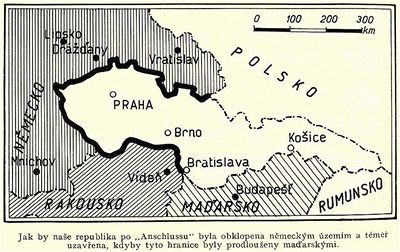
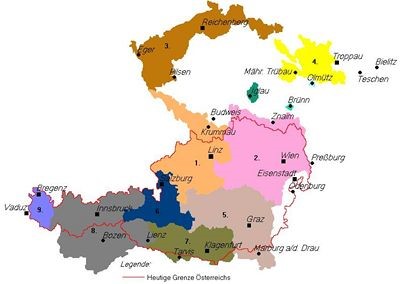

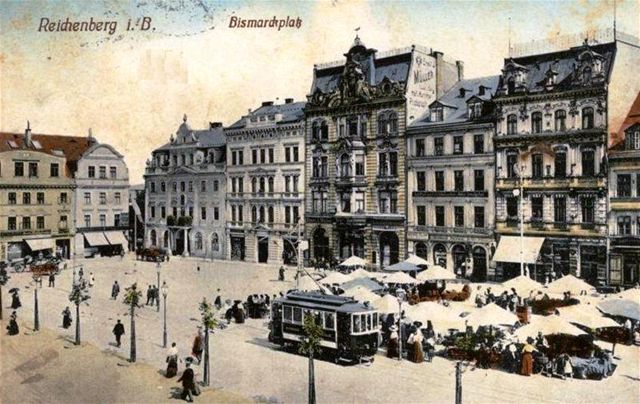
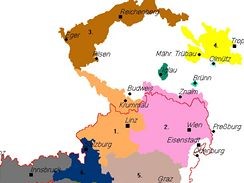
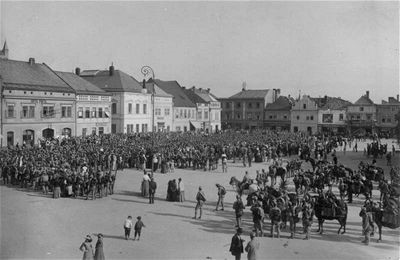
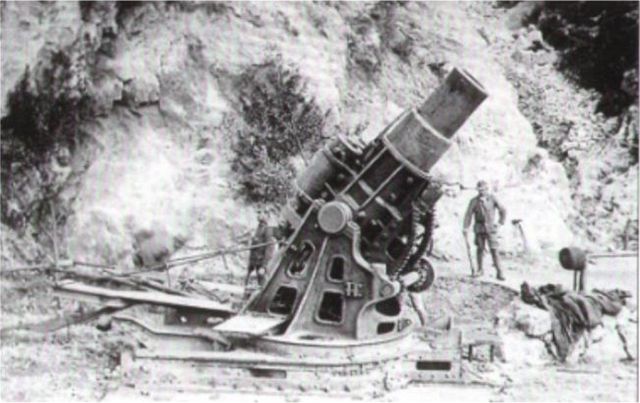
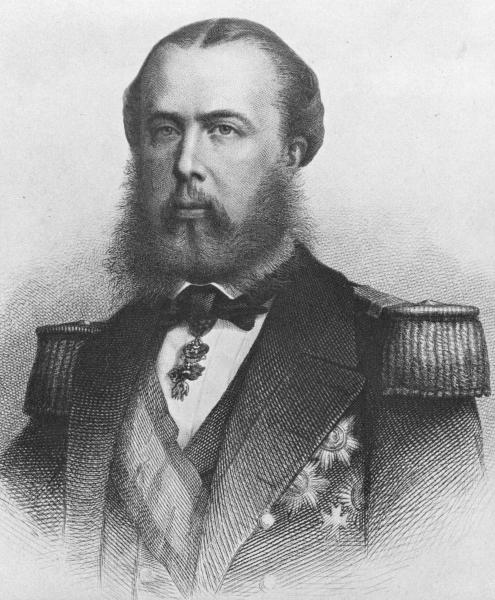

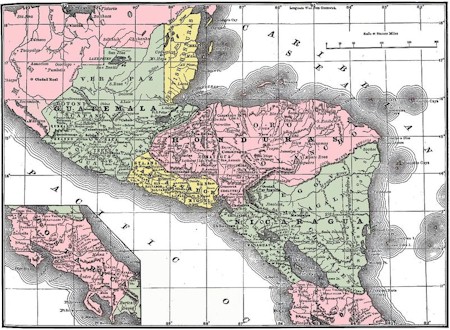


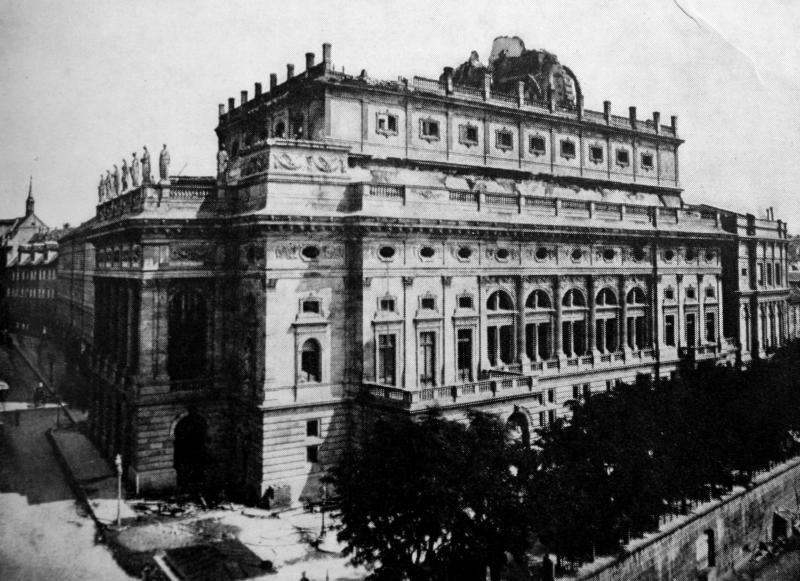




















































































































































We believe that there are people with different interests and experiences who could contribute their knowledge and ideas. If you love military history and have experience in historical research, writing articles, editing text, moderating, creating images, graphics or videos, or simply have a desire to contribute to our unique system, you can join us and help us create content that will be interesting and beneficial to other readers.
Find out more